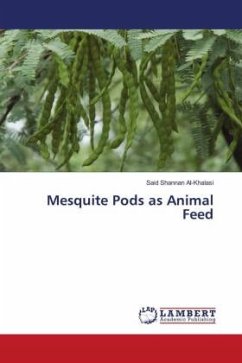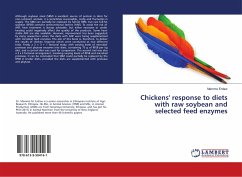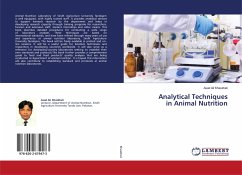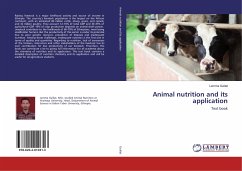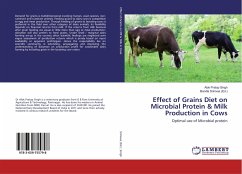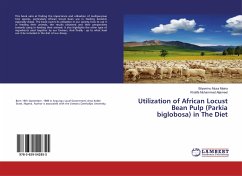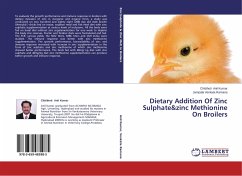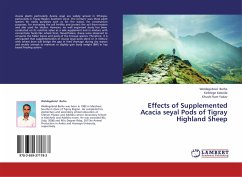A major problem that limits livestock production in Oman and other countries of the arid region is the cost of animal feed. This is mainly due to an acute shortage in fresh water that limits the utilization of arable land to produce animal feeds. There are some readily available livestock feeds in the natural range grazing and browsing land such as Mesquite (Prosopis juliflora) tree, which can be used for feeding Omani sheep, however, one of the problems encountered with feeding Mesquite pods is the low level of feed intake by various livestock species. This study proved that raw and treated Mesquite pods could be incorporated in concentrates at 50% and used for feeding Omani sheep without negative effects on health, growth performance, digestibility, body composition and carcass characteristics or meat quality and was economical for all groups of animals. However, sheep fed the roasted Mesquite pods based concentrate (ROMPC) had the highest feed intake and body weight gain whichwas comparable to those fed a commercial concentrate. This concluded that roasting of Mesquite pods is beneficial and may be used as a strategy to maximize the use of Mesquite pods for feeding sheep.
Hinweis: Dieser Artikel kann nur an eine deutsche Lieferadresse ausgeliefert werden.
Hinweis: Dieser Artikel kann nur an eine deutsche Lieferadresse ausgeliefert werden.

